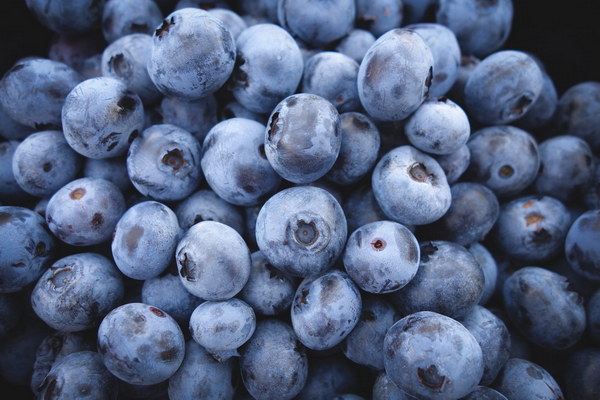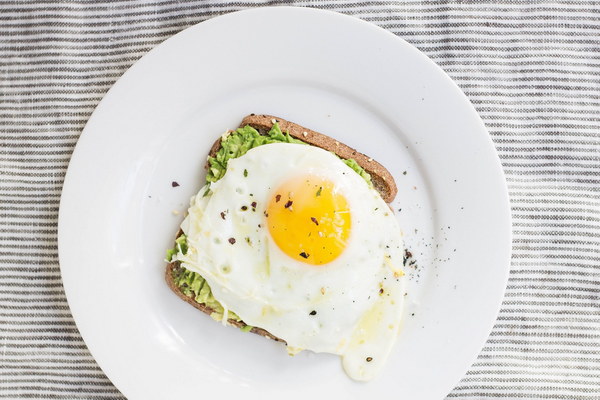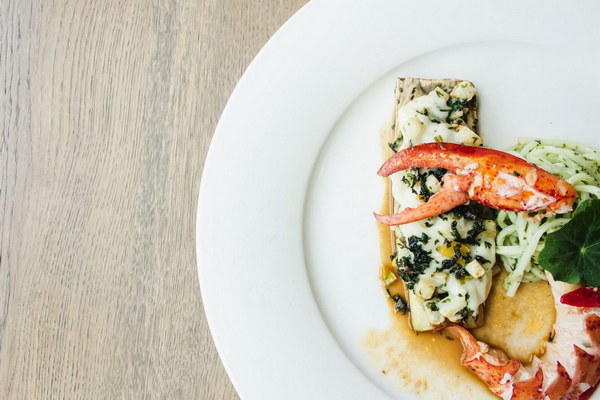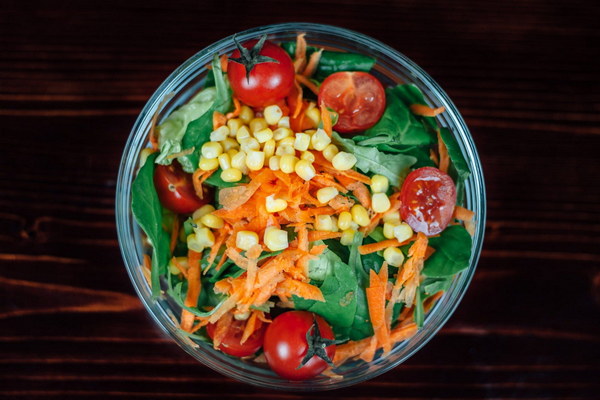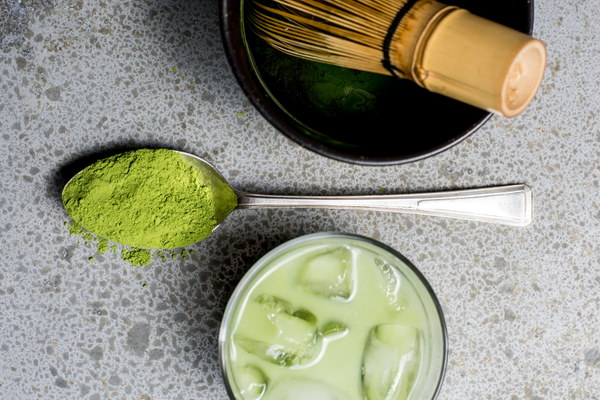Nourishing Your Body to Combat Fall Hair Loss Essential Tips for a Healthy Transition
As the leaves begin to change color and the air turns crisp, many of us notice an increase in hair loss during the fall season. This natural phenomenon can be attributed to a variety of factors, including seasonal changes, cooler temperatures, and the body's preparation for the colder months ahead. However, by adopting a few key strategies, you can nurture your body and minimize hair loss during this transitional period. Here are some essential tips to help you maintain a healthy head of hair throughout the fall.
1. Maintain a Balanced Diet
Nutrition plays a crucial role in hair health. During the fall, ensure that your diet is rich in vitamins, minerals, and antioxidants to support hair growth. Incorporate the following nutrients into your meals:
- Protein: Hair is made up of keratin, a protein-rich material. Foods like lean meats, fish, eggs, and legumes can help maintain your hair's strength and elasticity.
- Iron: Iron deficiency can lead to hair loss. Include iron-rich foods such as spinach, lentils, and lean beef in your diet.
- Vitamin E: This antioxidant promotes hair growth and repairs damaged hair. Avocados, nuts, and seeds are excellent sources of vitamin E.
- Biotin: Also known as vitamin B7, biotin is essential for hair growth. Consume eggs, nuts, and whole grains to increase your biotin intake.
- Omega-3 Fatty Acids: Fish, flaxseeds, and walnuts are rich in omega-3 fatty acids, which can help improve hair texture and reduce hair loss.
2. Stay Hydrated
Hydration is essential for overall health, including hair health. As the weather cools down, it's crucial to drink plenty of water throughout the day to keep your hair hydrated and reduce breakage.
3. Use Gentle Hair Care Products
During the fall, the cooler temperatures can make your hair more prone to dryness and brittleness. Use gentle hair care products to protect your hair from damage. Look for shampoos and conditioners that are free of sulfates and parabens, as these ingredients can strip your hair of its natural oils.
4. Regularly Trim Your Hair
Split ends can contribute to hair breakage and loss. To prevent this, schedule regular trims with your hair stylist. This will help maintain the health of your hair and ensure that split ends are removed before they cause further damage.
5. Manage Stress
Stress can exacerbate hair loss, so it's crucial to find ways to manage stress during the fall. Practice relaxation techniques such as yoga, meditation, or deep-breathing exercises to reduce your stress levels.
6. Use Hair Masks and Oils
Applying hair masks and oils can help nourish your hair and scalp, promoting hair growth. Consider using the following:
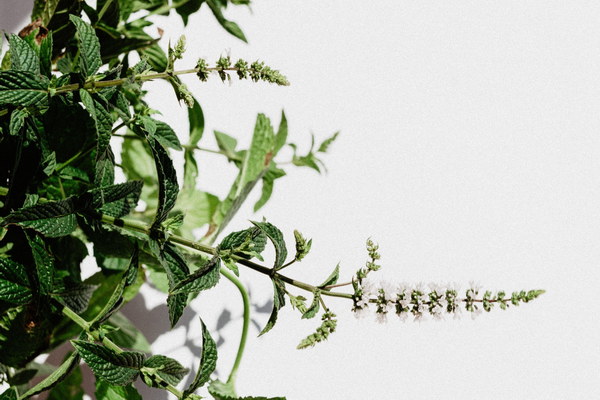
- Coconut oil: This natural oil can penetrate the hair shaft and provide deep hydration.
- Castor oil: Rich in ricinoleic acid, castor oil can stimulate hair growth and improve hair thickness.
- Aloe vera: Aloe vera has anti-inflammatory properties that can soothe the scalp and promote hair growth.
7. Get Regular Exercise
Regular exercise improves blood circulation throughout the body, including the scalp. This increased blood flow can help deliver essential nutrients to the hair follicles, promoting hair growth.
8. Get Adequate Sleep
Adequate sleep is essential for overall health, including hair health. Ensure you're getting enough rest to allow your body to repair and rejuvenate itself.
By incorporating these tips into your daily routine, you can help combat hair loss during the fall season. Remember that hair loss is a natural process, and it's important to be patient as your body adjusts to the changing seasons. With the right care, you can maintain a healthy head of hair throughout the year.

